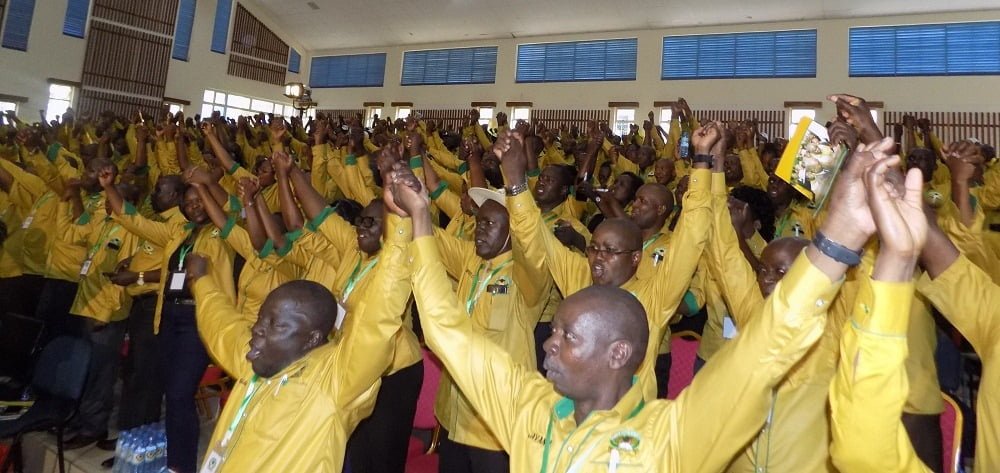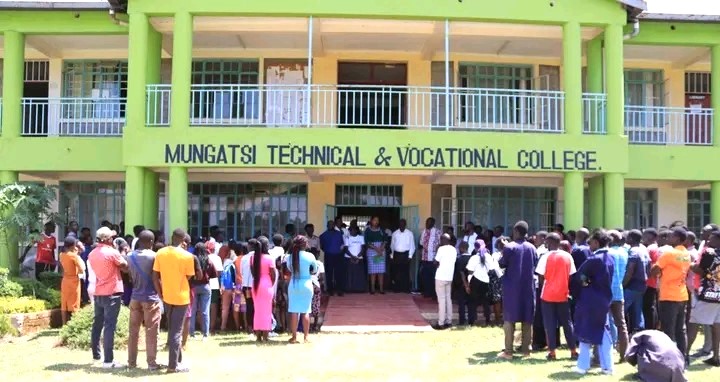By Roy Hezron
Kenya Union of Post Primary Education Teachers (KUPPET) is planning to come up with a Savings and Credit Cooperative (Sacco) to mobilize members’ savings.
The union, has maintained that converting the National Governing Council Welfare Fund into a Sacco will mark a new beginning for teachers’ empowerment as the Sacco will create a special fund to cushion members during strikes.
Through the initiative, the union’s efforts of striving to empower its members to withstand strikes by creating investment vehicles to mobilize savings and resources to sustain the union during emergencies will be supplemented.
“Drawing on lessons from teachers’ unions in Ghana and Swaziland, KUPPET intends to launch a Sacco wholly bankrolled by the union. The Sacco will be achieved by the conversion of the National Governing Council Welfare Fund, a process which is already underway,” reads one of the union’s documents.
Once established, the Sacco will offer large amounts of loans with longer repayment periods, of one or two years, depending on the capital base.
The withholding of teachers’ salaries and limiting their financial access during strikes are among the major reasons the union has plans to form a Sacco.
A case in point is the October 2015 teachers’ strike. About 230,000 teachers from primary and secondary schools missed their September salary after the Teachers Service Commission (TSC) cracked the whip on the teachers who had defied the Employment and Labour Relations Court’s order to resume duty.
Employment and Labour Relations Court Judge Nelson Abuodha had stated that the petition at the Court of Appeal filed by TSC, which challenged the 50 – 60 per cent pay rise ,could not be used by teachers to defy the return to work order and urged them to honour his ruling since they would require the court’s protection at a later date.
Justice Abuodha ruled that though the teachers’ strike was protected by the law, it remained suspended for 90 days to facilitate a conciliation process between the teachers and their employer on how the pay hike would be implemented.
The Commission only paid about 43,000 teachers majority of them being head teachers and their deputies and heads of departments, who the Commission argued had been in schools during the month long boycott by teachers who were pushing the government to implement the 50-60 per cent pay hike awarded in June 2015.






